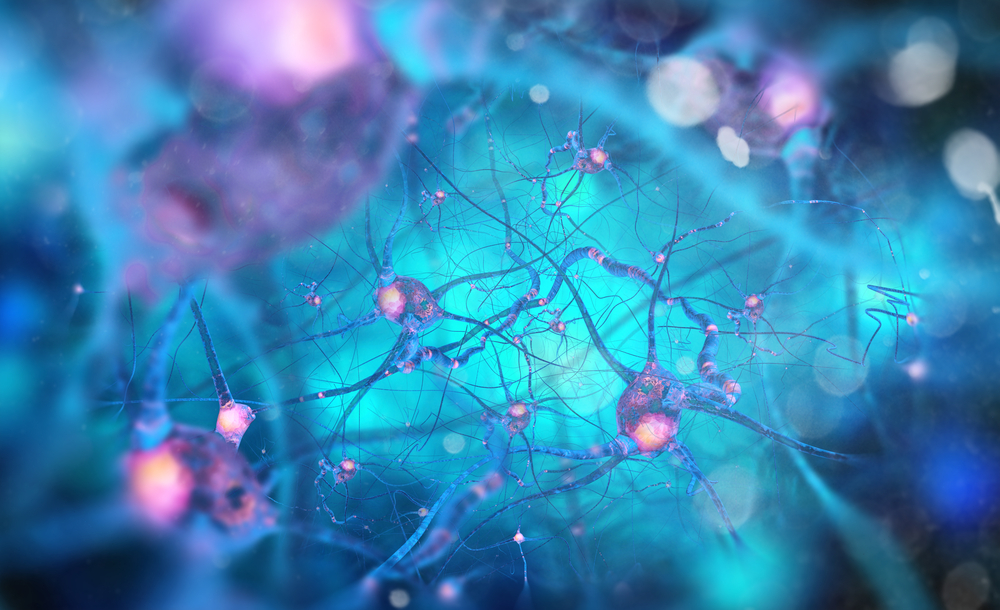Enhanced Autophagy Can Alleviate Issues in ALS-linked Proteins, Study Says
Written by |

Damaged activity of RNA-binding proteins (RBPs) associated with amyotrophic lateral sclerosis (ALS) can be alleviated by inducing autophagy, a process where cells degrade or recycle components that are damaged or no longer needed, a study says.
The study, “FUS pathology in ALS is linked to alterations in multiple ALS-associated proteins and rescued by drugs stimulating autophagy,” was published in Acta Neuropathologica.
RNA-binding proteins (RBPs) bind to RNA, stabilizing its structure and regulating the production of proteins. RNA is transcribed from DNA and is the template for protein production.
Previous studies have suggested that different types of perturbations that may affect the activity of RBPs, such as changes in their levels or in their location inside cells, may contribute to the onset of ALS. Fused in Sarcoma (FUS) is one of the RBPs that has been linked to the most severe cases of ALS. This protein plays a crucial role in cells, as it interacts with other proteins and controls the activity of genetic messengers.
“ALS patients with mutant FUS exhibit a particularly severe progression, with 60% of cases developing [disease] before 40 years of age,” researchers from the Centre for Regenerative Therapies Dresden (CRTD) at Technische Universität Dresden (TUD) and their collaborators stated in the study.
It is known that genetic mutations in the FUS gene result in the abnormal accumulation of FUS inside the cells’ cytoplasm.
Discuss the latest research in the ALS News Today forums!
The researchers said, “However, many questions remain: How do healthy motor neurons maintain FUS homeostasis (balance)? How is FUS homeostasis disrupted by mutations? Do FUS mutations affect other ALS-associated RBPs? How can the function of RBPs such as FUS be restored? Do the various ALS-associated RBP mutations each require a specific treatment?”
In their study, the researchers reported that the accumulation of mutant forms of FUS in the cells’ cytoplasm disrupts the balance of other RBPs, leading to neuron degeneration and death.
However, when researchers artificially triggered autophagy using small molecules, the negative effects associated with the abnormal accumulation of FUS in the cells’ cytoplasm were reverted and neuron degeneration and death minimized.
“Mislocalized FUS overwhelms the protein degradation machinery, causing FUS to accumulate within the cytoplasm. This triggers a vicious [cycle] that further hampers the cellular protein quality control systems responsible for the maintenance of protein [balance]. This is why we speculated that enhancing autophagy could also ameliorate the observed RNA-binding [symptoms shown],” Lara Marrone, PhD student at the CRTD and lead author of the study, said in a news release.
The study’s findings were based on observations performed on postmortem tissue samples from ALS patients and neurons derived from patients’ induced pluripotent stem cells (iPSCs). Of note, iPSCs are fully matured cells that are reprogrammed back to a stem cell state, where they are able to grow into any type of cell. Results were also confirmed in a fruit fly model of ALS.
The group plans to explore the therapeutic potential of enhancing autophagy for the treatment of patients with ALS. The team is also aiming to develop new ALS biomarkers based on RBPs.





